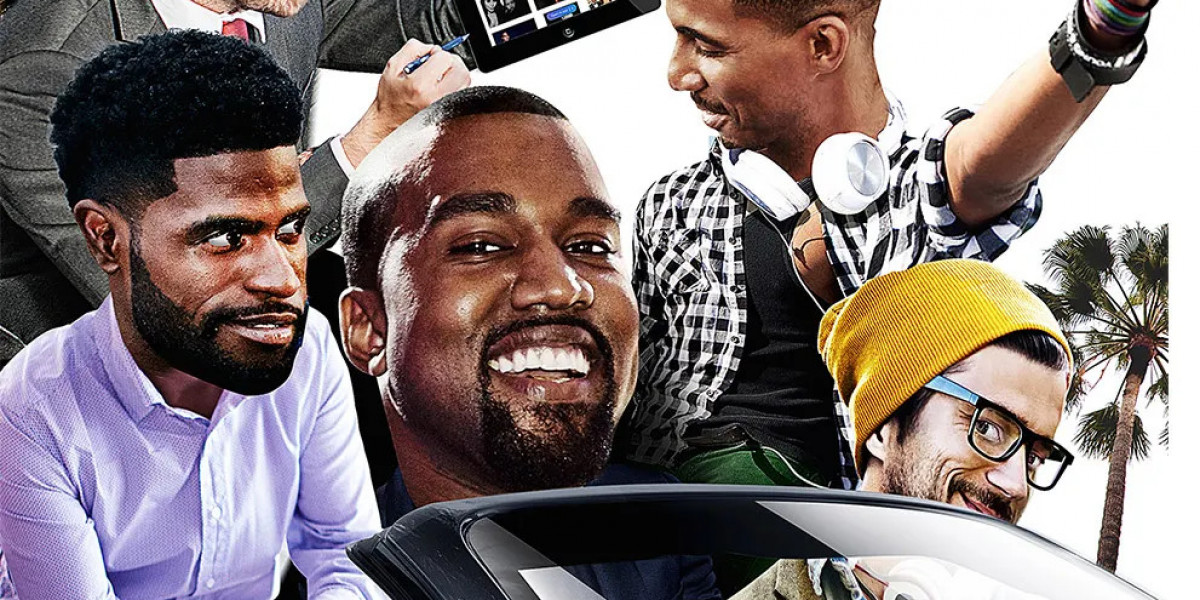Hiring a social-media manager is like handing your car keys over to someone you’ve had coffee with once, maybe twice. Sure, he seems nice; his shirt is tucked in; he appears to have a handle on the basic workings of Twitter and Facebook and Instagram—have at it! And just like that, he has your Twitter password and he’s going to take your account out for the day. He may make a few wrong turns, run a few red lights—you see where we’re going with this—but he’ll have it back for you in the garage by nightfall.
Sometimes, though, the car gets totaled and you have to take the keys back.
In May, New York City mayor Bill de Blasio hired Scott Kleinberg, who had been running social media at the Chicago Tribune, as his social-media director, one of the more high-profile digital-management positions, at least in the political realm. After just eight weeks, Kleinberg quit, writing on Facebook that his “dream job” had turned out to be just the opposite. “I tried to stick it out, but it was impossible,” Kleinberg wrote, explaining he had to leave for “the sake of my health and my sanity.” He vented that he was working “13 hour” days (plus weekends) in the role and also said the mayor’s office had mandated that he get approval on anything he posted, even on his personal social-media accounts.
Kleinberg declined to discuss his short-term gig working for the mayor and sounded uncomfortable when the conversation veered close to politics. But he was confident, and calm, when I asked him to share the most important piece of social-media advice he gives to people he works with: “My key thing that I tell people is just to be yourself. Don’t pretend like you have to put on this ridiculous persona.” His speech sped up when explaining the occasional phoniness of celebrity social-media output. “Of course, there are celebrities out there who hire ghostwriters, and it isn’t actually them, and you don’t know—they try to pass it off,” he said. “It’s not necessarily as authentic an experience as you think, although some fans don’t know the difference, [and] some fans don’t care.” He concluded, with the slightest hint of despair, “You just, you don’t, you don’t know.”
A City Hall spokeswoman gave a statement regarding Kleinberg’s departure: “New York City government is a tough, fast-paced job that is not for everyone.” Kleinberg deleted his Facebook post about his ill-fated City Hall tenure, though nothing can ever be completely erased when it comes to social media. The screenshots linger.
In the current cultural climate, having a social-media presence is essentially mandatory for any up-and-coming singer or actor or model (or politician); a 20-year-old industry newcomer without a single digital account would be like someone showing up to a black-tie wedding in a ripped T-shirt—or, more precisely, like someone not showing up to the wedding at all.


